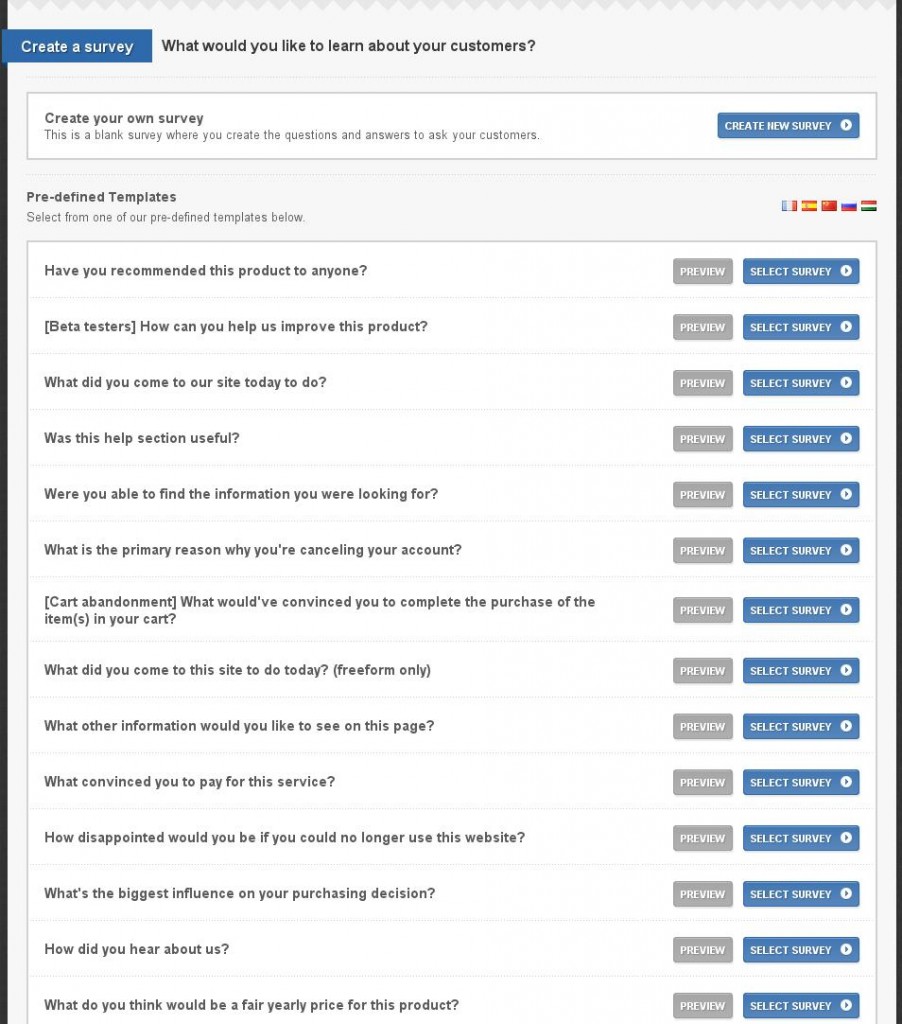Jefferson Innovation Summit
Yesterday I was fortunate to have attended the Jefferson Innovation Summit hosted by the University of Virginia’s Darden School of Business. This was the inaugural event that Darden hopes will aspire to TED-esque event, bringing together America’s brightest and creative thinkers. The lineup of delegates comprised of many leading visionaries in the fields of education, science, and technology. From my observations throughout the day, I was pleased to notice two things: Objective thinking on the state of the American entrepreneurial culture, and a lively discussion of action steps to foster entrepreneurial culture in schools.
Over the course of a lengthy two hour debate, the panelists discussed a question looming over the heads of so many technologists and institutional leaders: How can we foster innovation in America? How can we identify the innovators and match them up with the resources they need to succeed? What’s the role of government in subsidizing private enterprise?
The answers were often thought-provoking, often times making me wonder why this type of dialog, immune from self-congratulation, does not occur more often in politics. One particular thought that left me hanging was the discussion of the remaining closed monopolies in the U.S.. Education is included among the few, and it happens to underpin the consequential thoughts and careers of highly capable young Americans. Should we be teaching entrepreneurship alongside math and science? I think so. And should we reward experiential learning? Definitely.
After all, there aren’t any degrees in “App-making” as one delegate put it bluntly. One of the fastest growing segments of the economy is the market for apps on smart-phones, and hardly anyone creating the new software has had formal training in app development. The classes that are being offered in mobile app-development are filling quickly, and this is a sign of widespread interest in de-centralized education outside of formal institutions. Prospective developers aren’t looking for the credential on their resume with another degree or stamp of approval, they’re cashing in on the growing demand for apps.
Entrepreneurship education has been limited for most individuals to the latest stages in their academic careers. Phillipe Sommer, director of the incubator at Darden, mentioned that he recently initiated an entrepreneurship class for freshman students. From his observations teaching upperclassmen, he noticed that the single thing blocking student interest is fear of failure. We now live in a society where many of the students at top American universities are the sons and daughters of doctors and lawyers. In these unchanging professional fields, a degree promises long-lasting success, and failure is rare. Startups by nature are the exact opposite, and thus students are more likely to choose the sure bet when it’s time to make things happen in the real-world.
The panel concluded with thoughts on whether or not we can even teach entrepreneurs to act on their ideas. The answer remains open-ended, but we do know what a promising innovator looks like when we see one. To get a sense of a smart and determined entrepreneur, consider a quote by Paul Graham:
“There are some people who just get what they want in the world. If you want to start a startup you have to be one of those people. You can’t be passive and wishy-washy,”
For the schools that recognize the importance of binding entrepreneurial experiences with traditional coursework, they are likely to begin to churn out more graduates who get what they want. Take a look at a glimpse of shining hope: The most popular minor at Wake Forest is entrepreneurship.
We’ve got the brain power to be competitive for years to come, and we have the resources to support our most promising entrepreneurs. We need more people encouraging our most talented youth towards the thinking that you don’t always have to do what you’re told to do in life. Challenging authority stems fearless minds, and that’s what will empower creative solutions to our most difficult problems.






